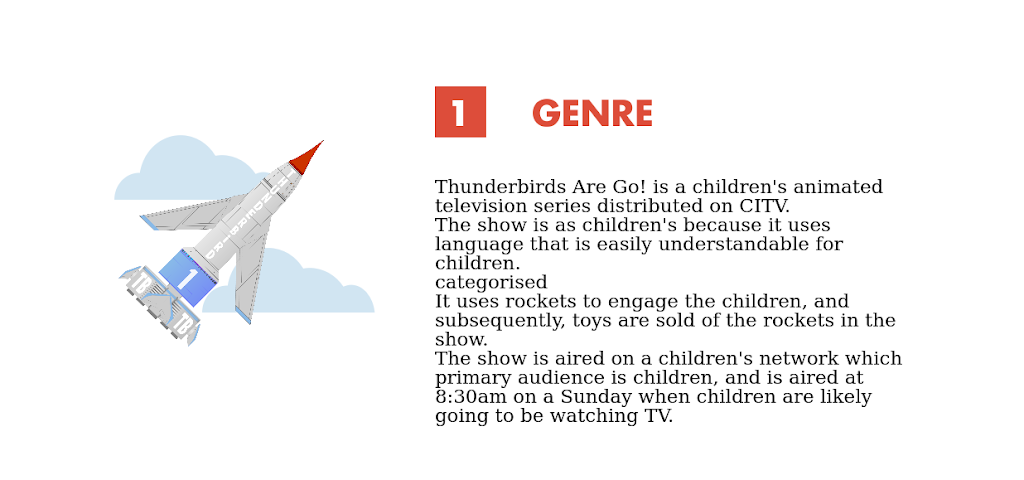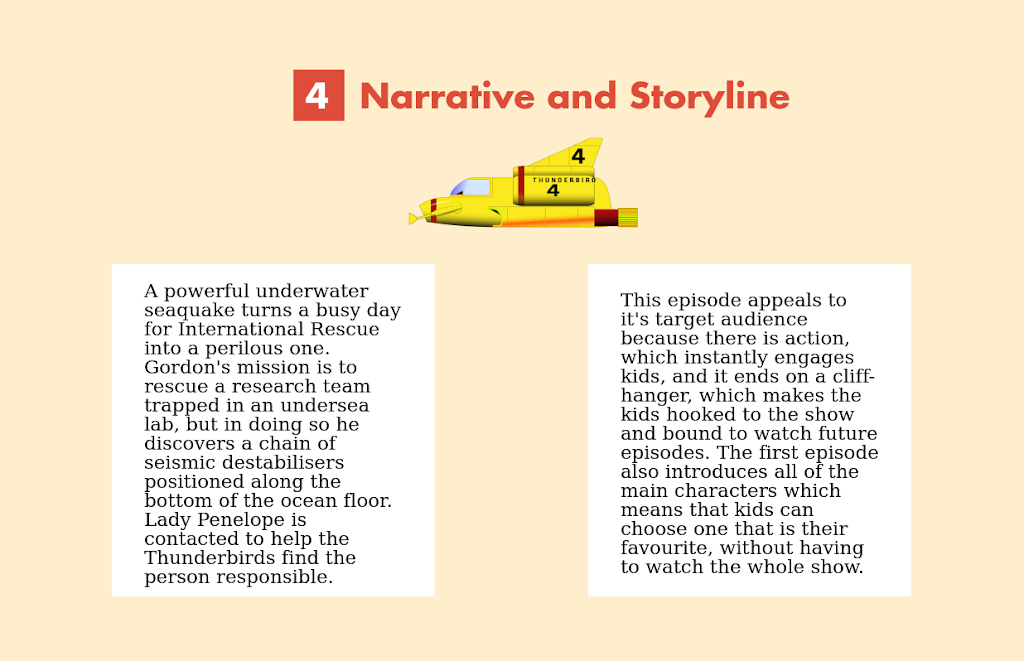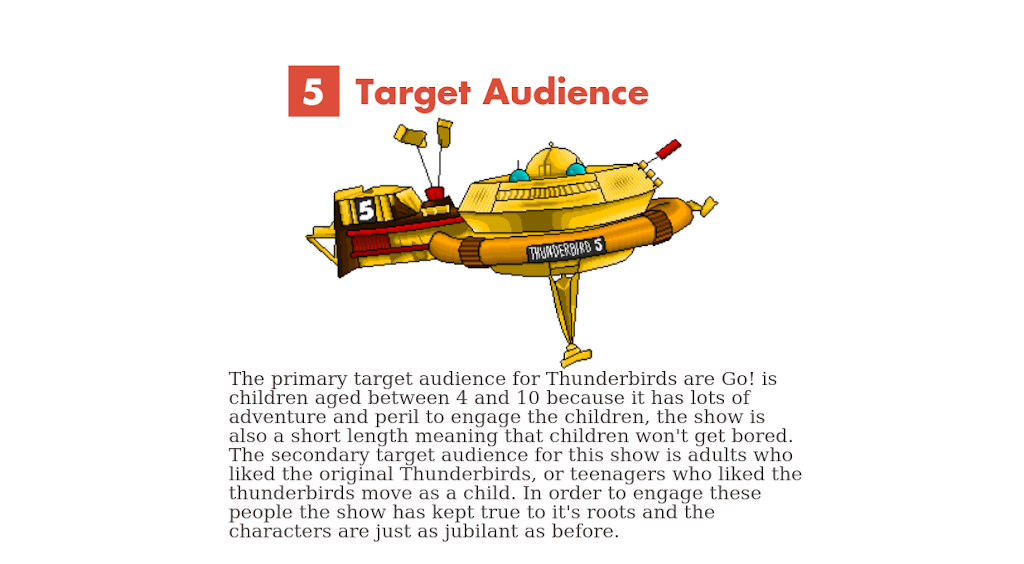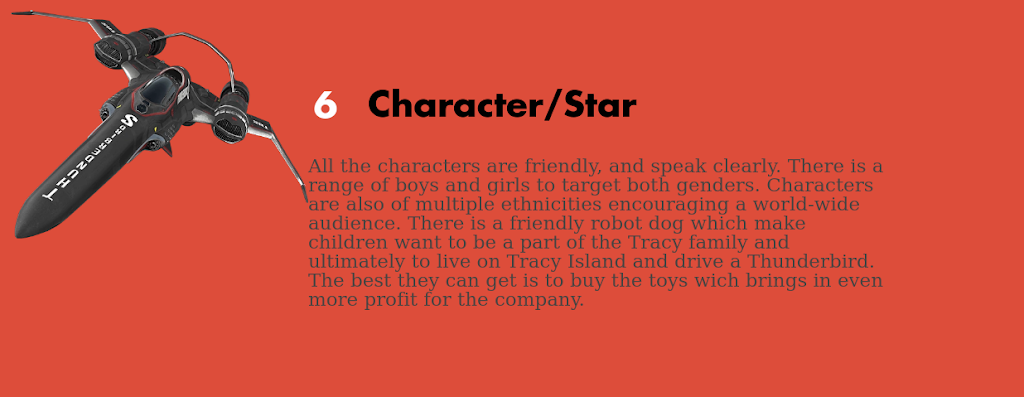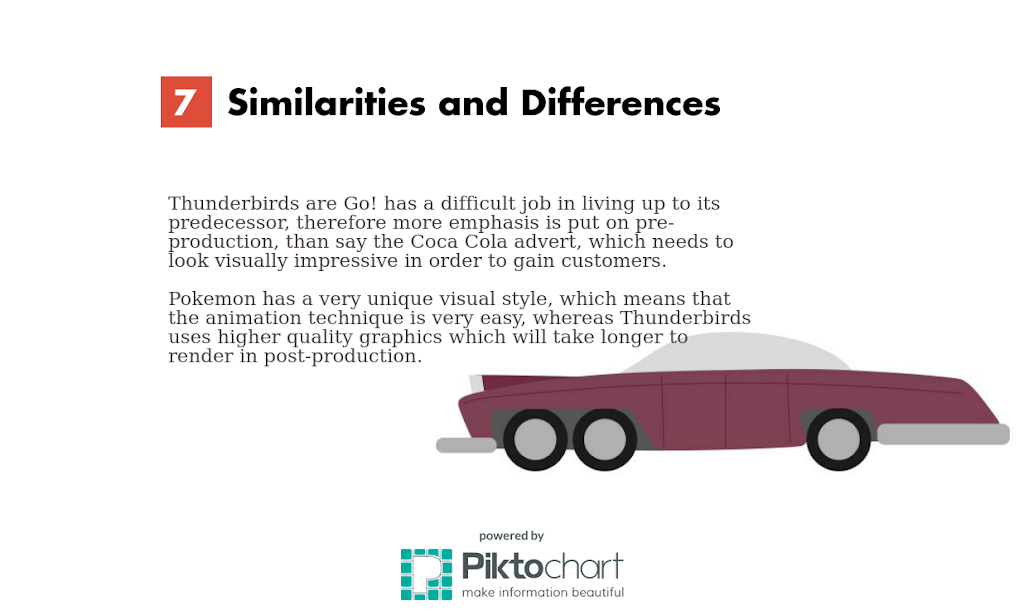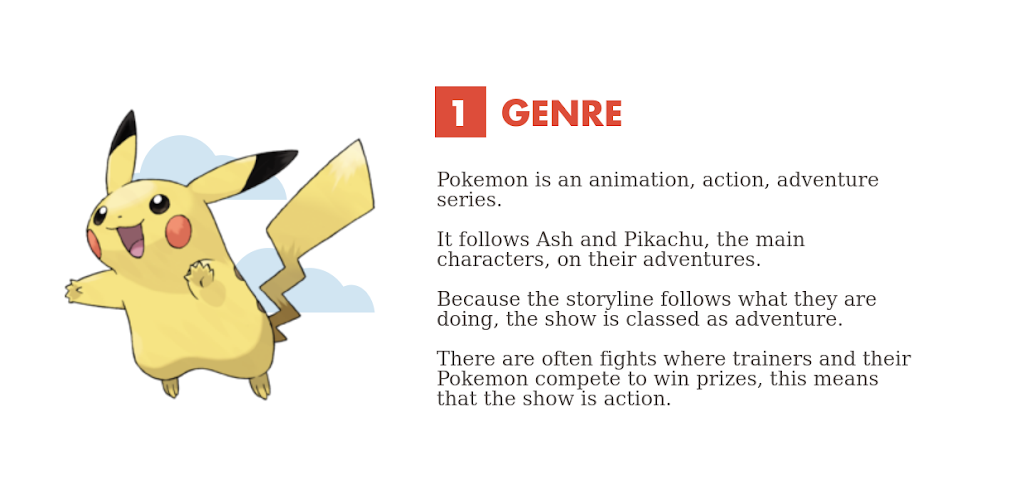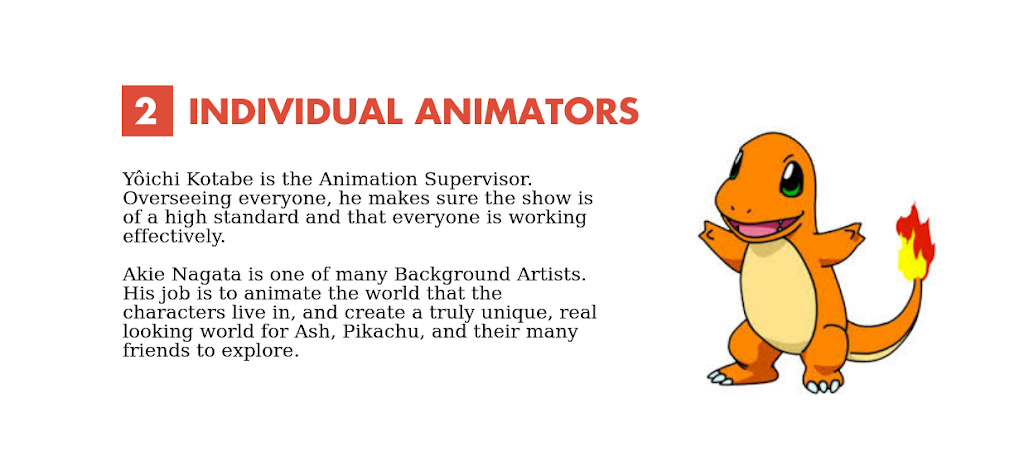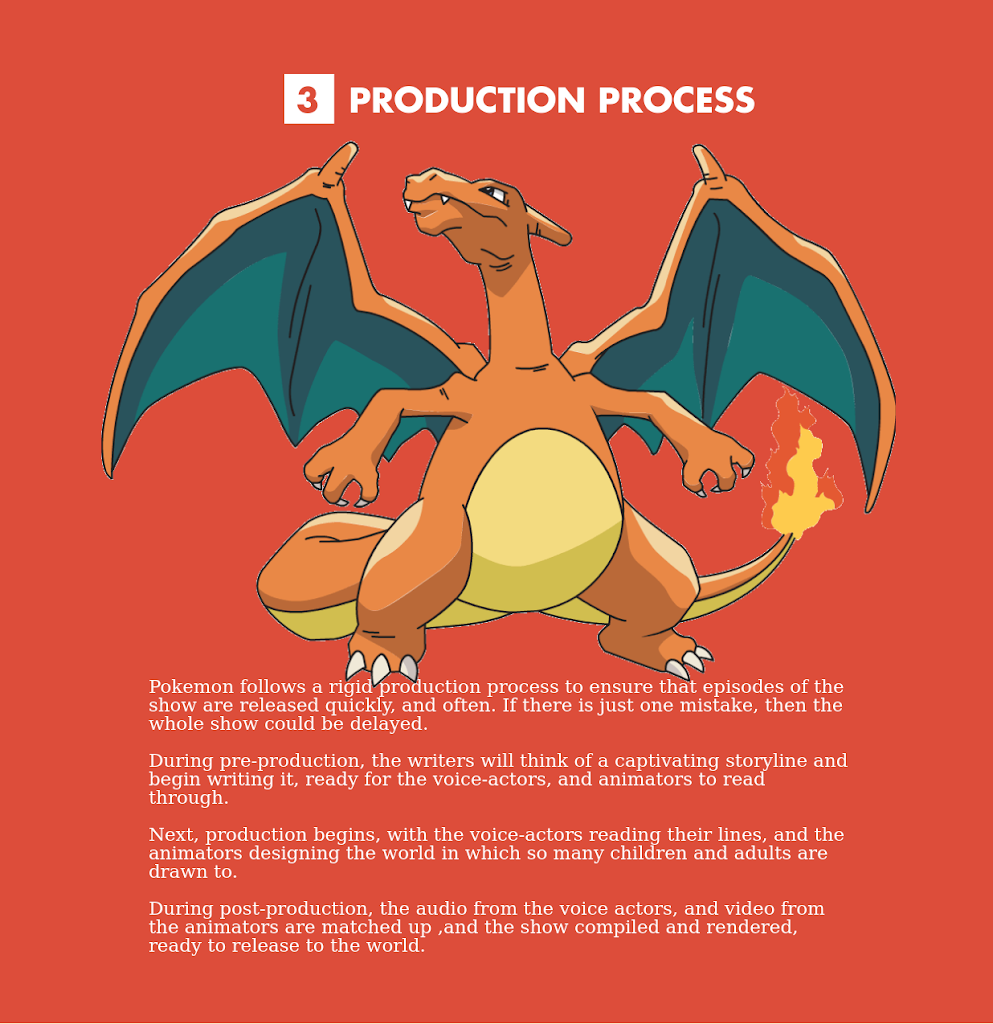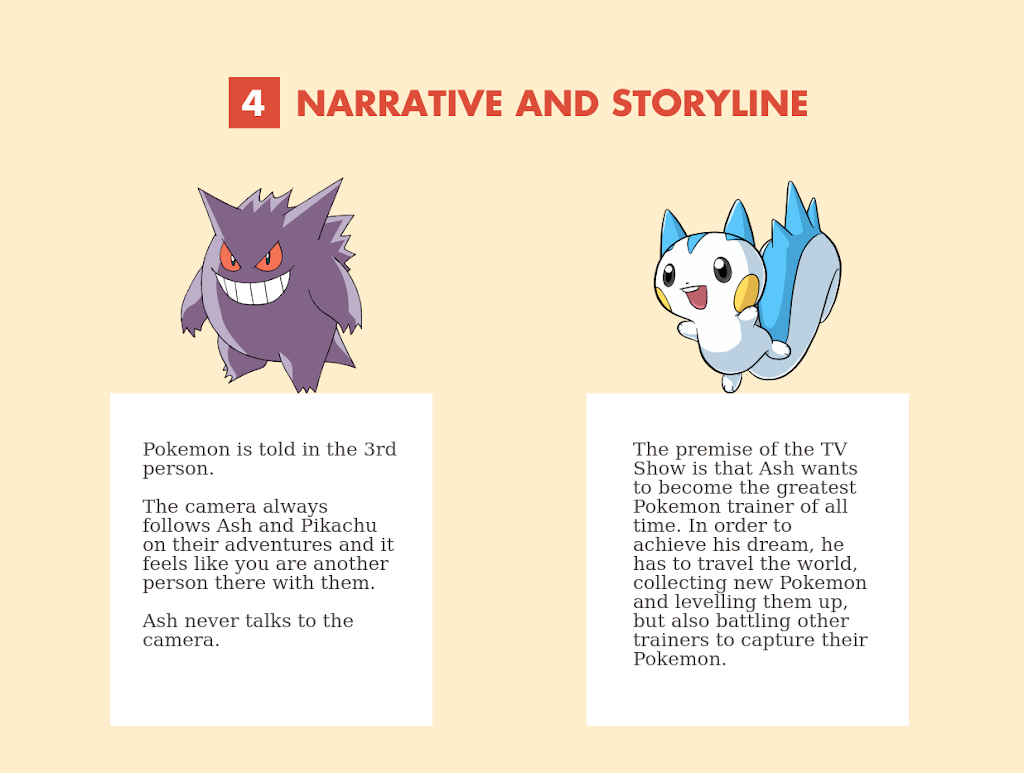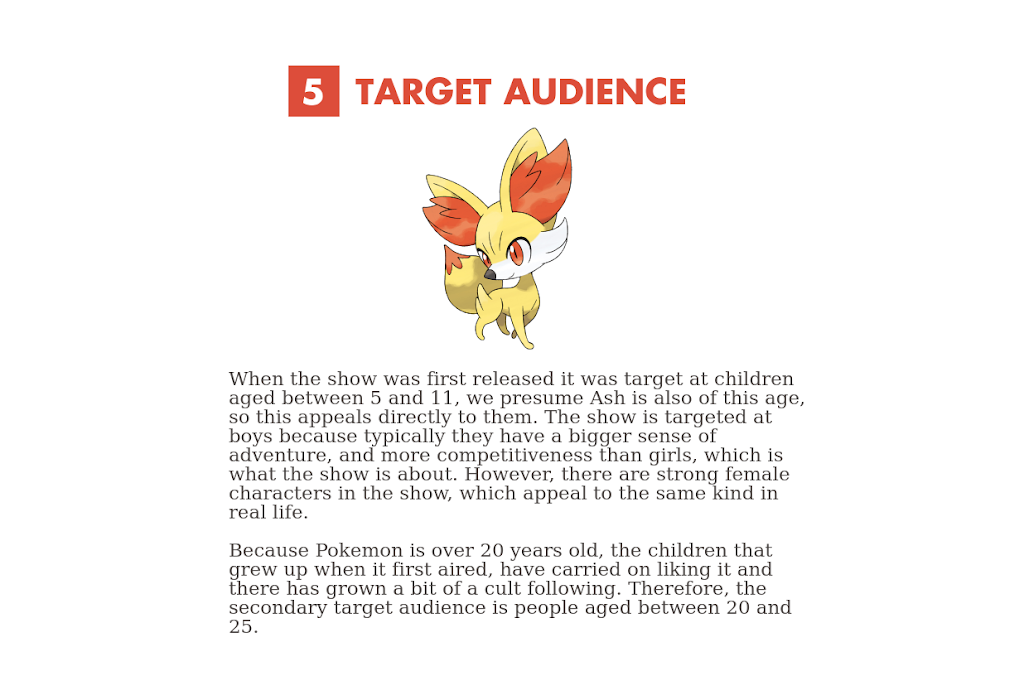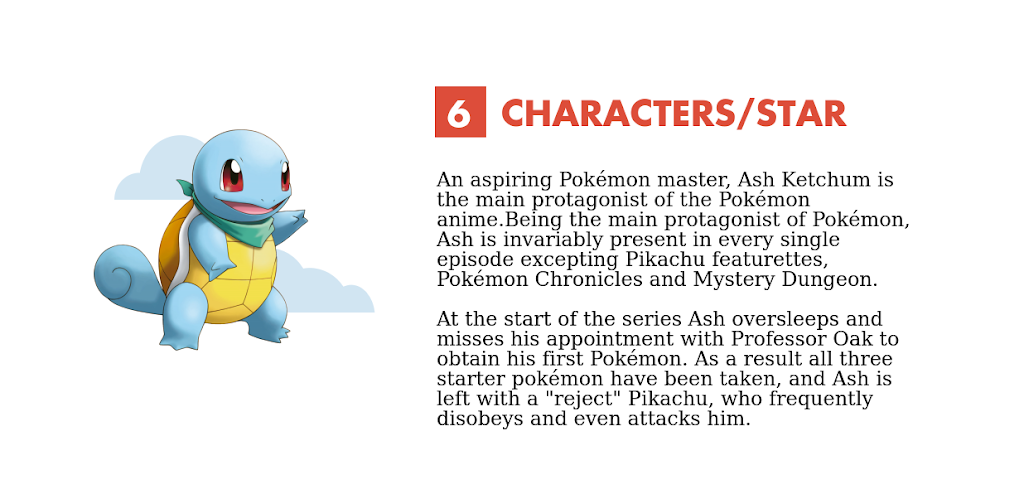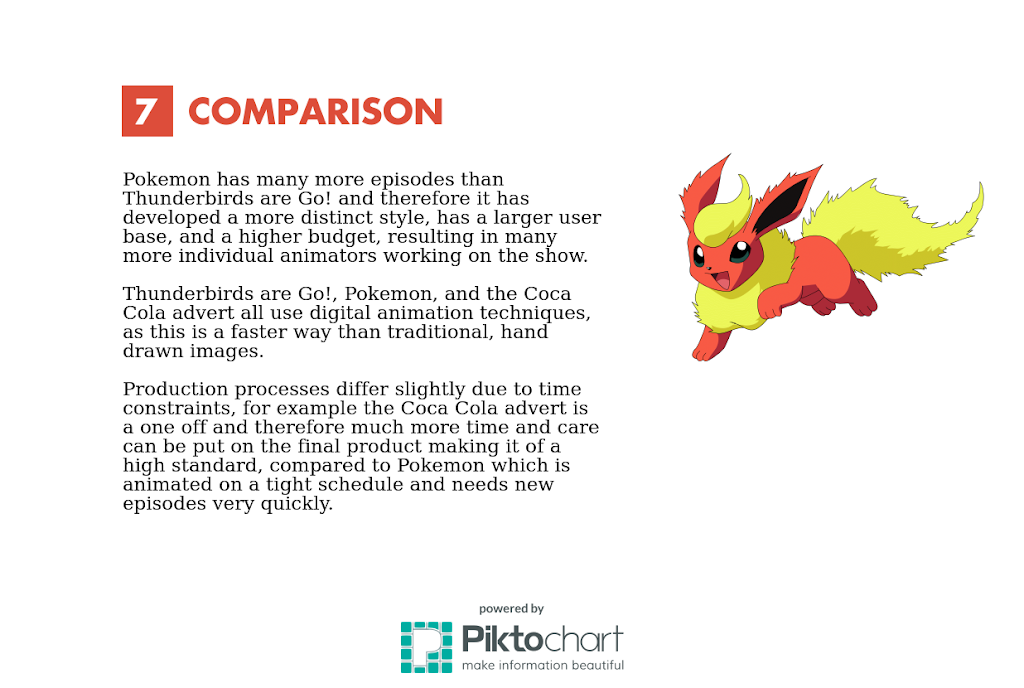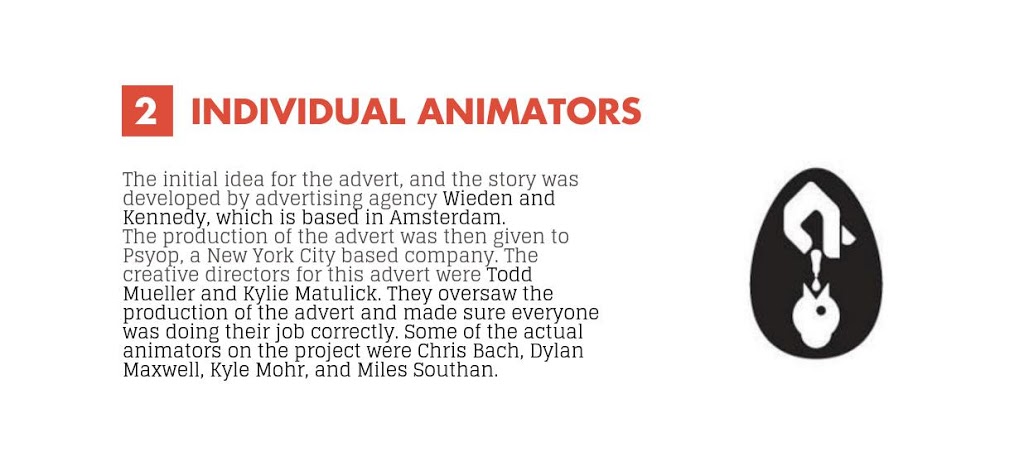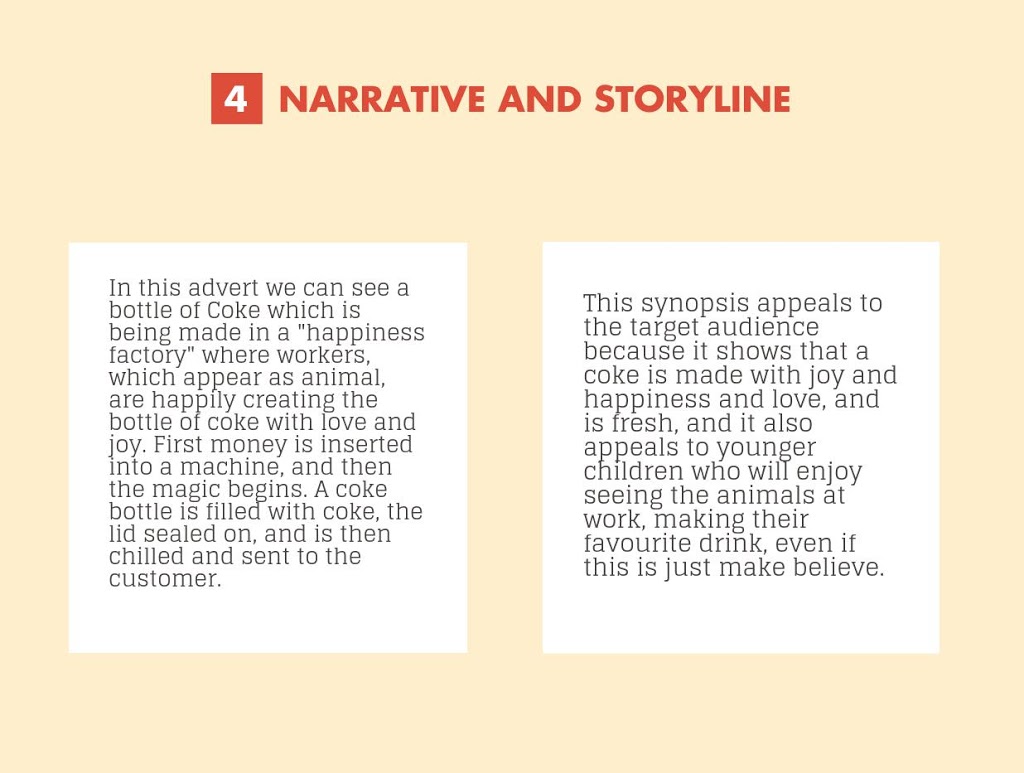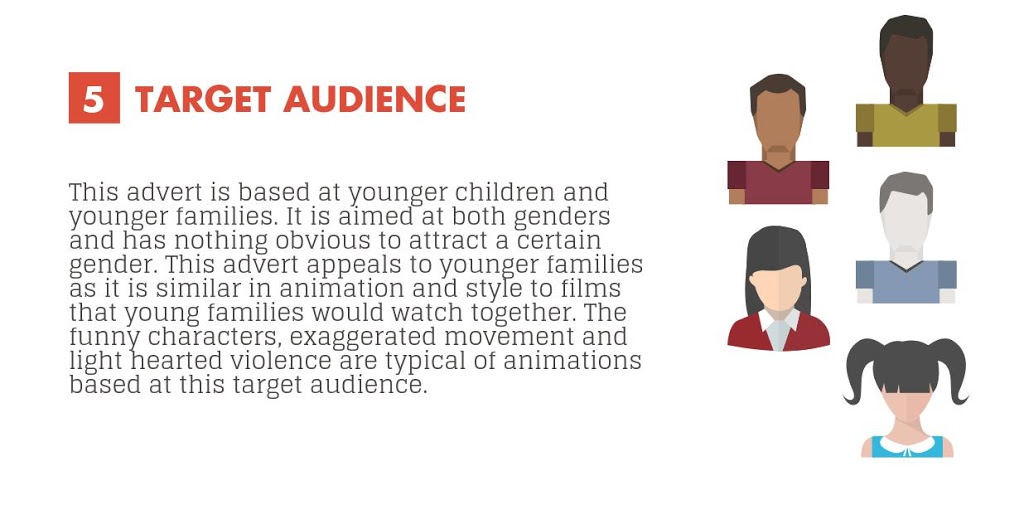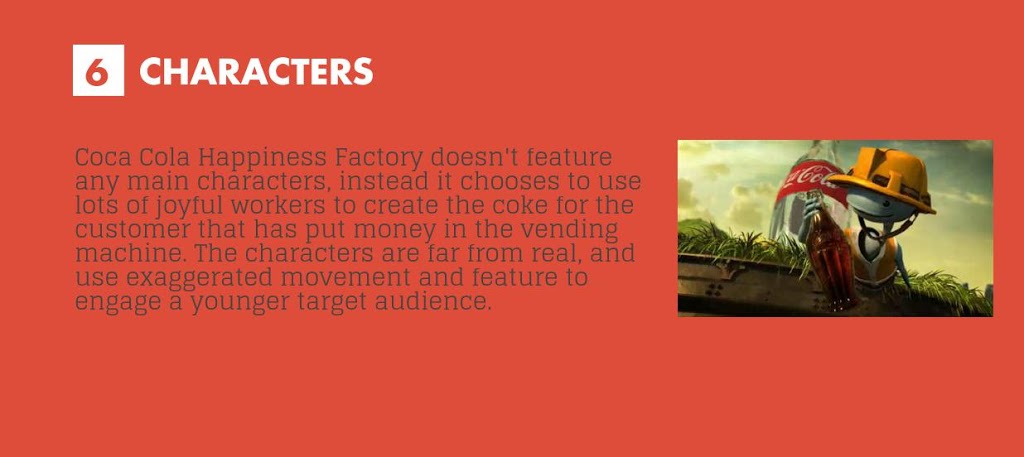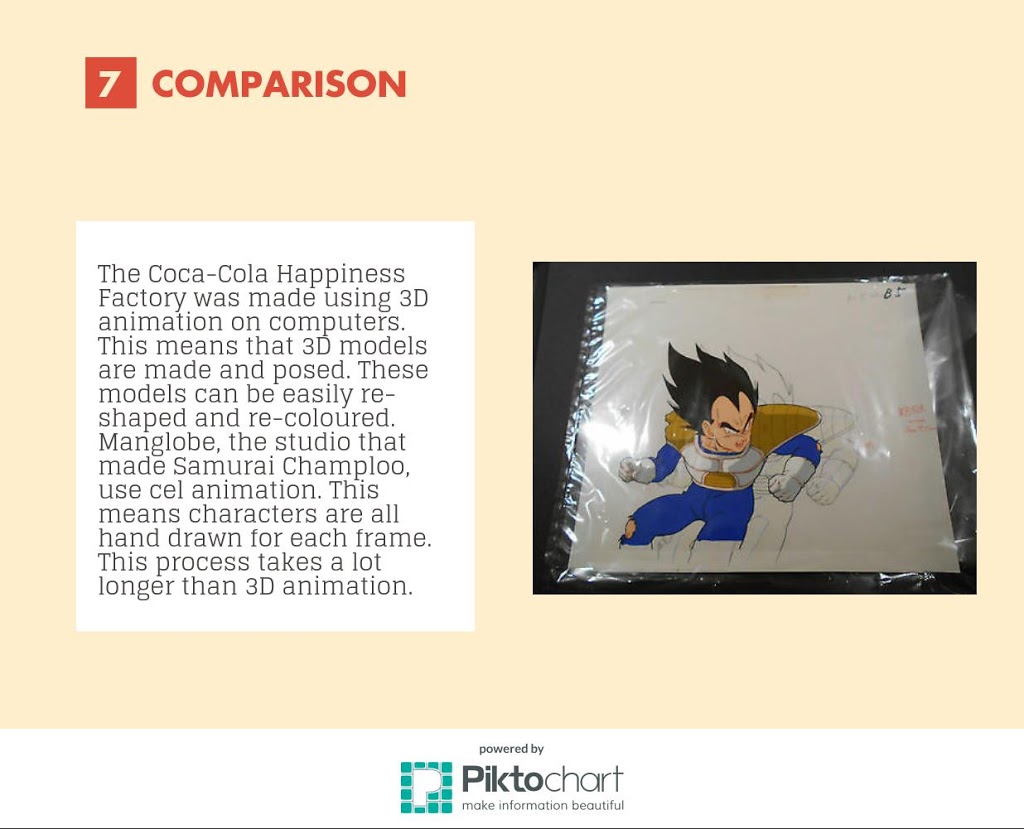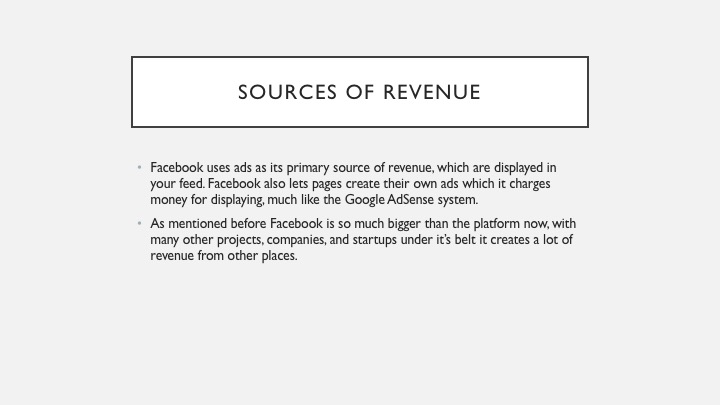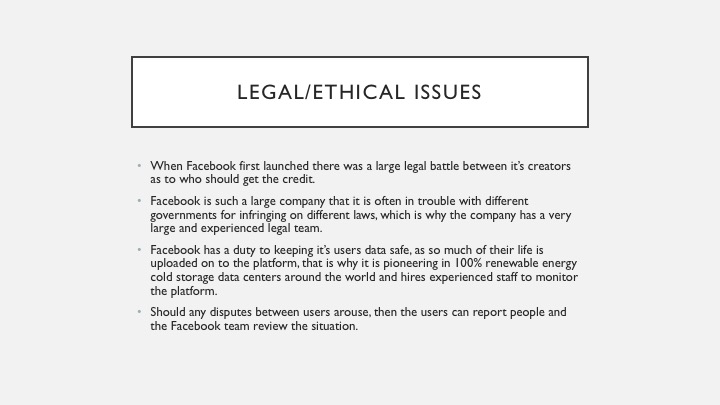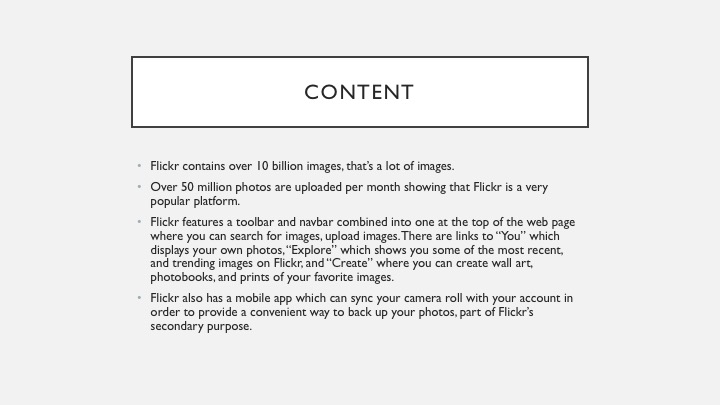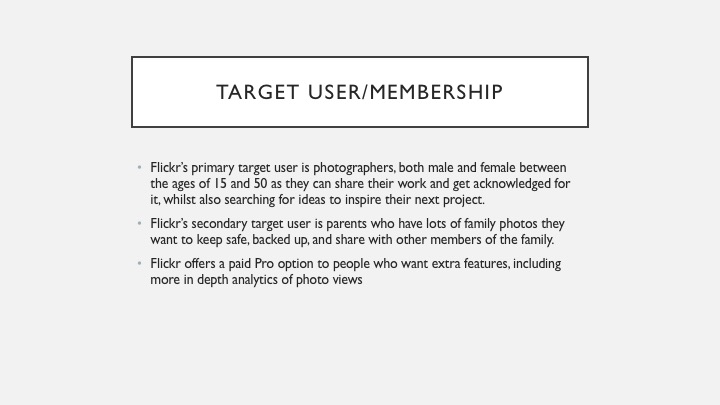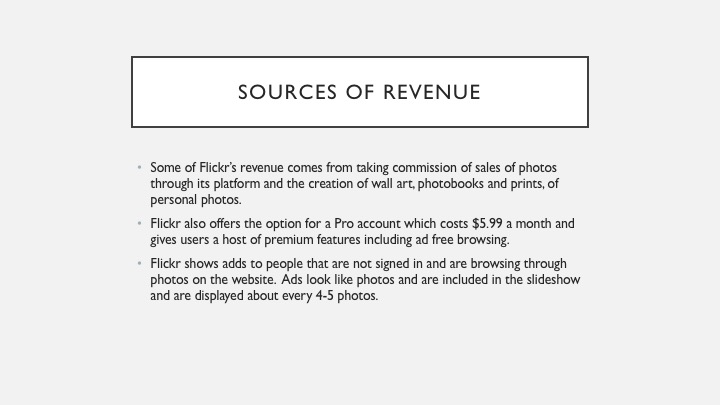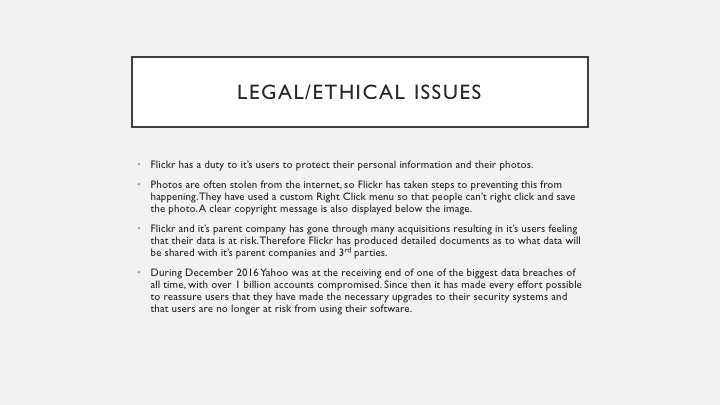Primary Research
Questions Asked:
1) How much time do you spend on Social Media a day?
2) Is your time well spent on Social Media?
3) How many Social Media apps/websites do you use?
4) Have you ever had any bad experiences on Social Media before?
Answers:
Question 1:
|
Less than 1 hour a day
|
1
|
|
1-2 hours
| |
|
3-4 hours
|
2
|
|
5-6 hours
|
2
|
|
More than 6 hours
|
Question 2:
| Well spent | 1 |
| Not well spent | 4 |
Question 3:
| 1 app used |
|
| 2-3 apps used | 4 |
| 4-5 apps used | 1 |
| More than 5 apps used |
Question 4:
| Positive experience of social media | 3 |
| Not positive experience of social media | 2 |
Secondary Research
This is an extract from a Nottingham Trent University Study into social media addiction.
“I’m an addict. I just get lost in Facebook” replies a young mother when asked why she does not see herself able to help her daughter with her homework. Instead of supporting her child, she spends her time chatting and browsing the social networking site. This case, while extreme, is suggestive of a potential new mental health problem that emerges as Internet social networks proliferate. Newspaper stories have also reported similar cases, suggesting that the popular press was early to discern the potentially addictive qualities of social networking sites. Such media coverage has alleged that women are at greater risk than men for developing addictions to SNSs.”
This statement is saying that people can become addicted to Social Media, and while it isn’t quite proven, it is a very real thing, and it can affect people negatively. Whilst conducting my primary research, I had conversations with people who said that it was part of their daily routine and that they could not go a day without it in case they missed out on any important information.
The following is an extract from a Study on whether Facebook has a direct link to emotional well-being.
“Critically, we found no evidence to support two plausible alternative interpretations of these results. First, interacting with other people “directly” did not predict declines in well-being. In fact, direct social network interactions led people to feel better over time. This suggests that Facebook use may constitute a unique form of social network interaction that predicts impoverished well-being. Second, multiple types of evidence indicated that it was not the case that Facebook use led to declines in well-being because people are more likely to use Facebook when they feel bad—neither affect nor worry predicted Facebook use and Facebook use continued to predict significant declines in well-being when controlling for loneliness (which did predict increases in Facebook use and reductions in emotional well-being).”
Forbes summarised this study stating that “The study found that Facebook use was linked to both less moment-to-moment happiness and less life satisfaction—the more people used Facebook in a day, the more these two variables dropped off. The authors suggest this may have to do with the fact that Facebook conjures up a perception of social isolation, in a way that other solitary activities don’t.”
The following study found that more friends on social media don’t necessarily mean you have a better social life—there seems to be a cap on the number of friends a person’s brain can handle, and it takes actual social interaction (not virtual) to keep up these friendships. So feeling like you’re being social by being on Facebook doesn’t work. Since loneliness is linked to myriad health and mental health problems (including early death), getting real social support is important. Virtual friend time doesn’t have the therapeutic effect as time with real friends.
“There is some evidence to suggest that one of the motivations for using social media among teenagers is to extend their range of social contacts. Indeed, it has specifically been claimed that those who are more socially competent use social media to expand their network of friendships, thereby increasing their social capital. However, young children, and to some extent teenagers, are relatively poor at judging relationship quality: very young children, for example, commonly mistake a desire to form friendships on their part with the assumption that such friendships are reciprocated. Adults tend to be more attuned to the nuances in different types of relationship and are less prone to signing up to ‘friending’ requests without considering the nature of the relationship involved. They may thus provide a better test of the hypothesis than the teenagers who have been the focus of most social media research.”


